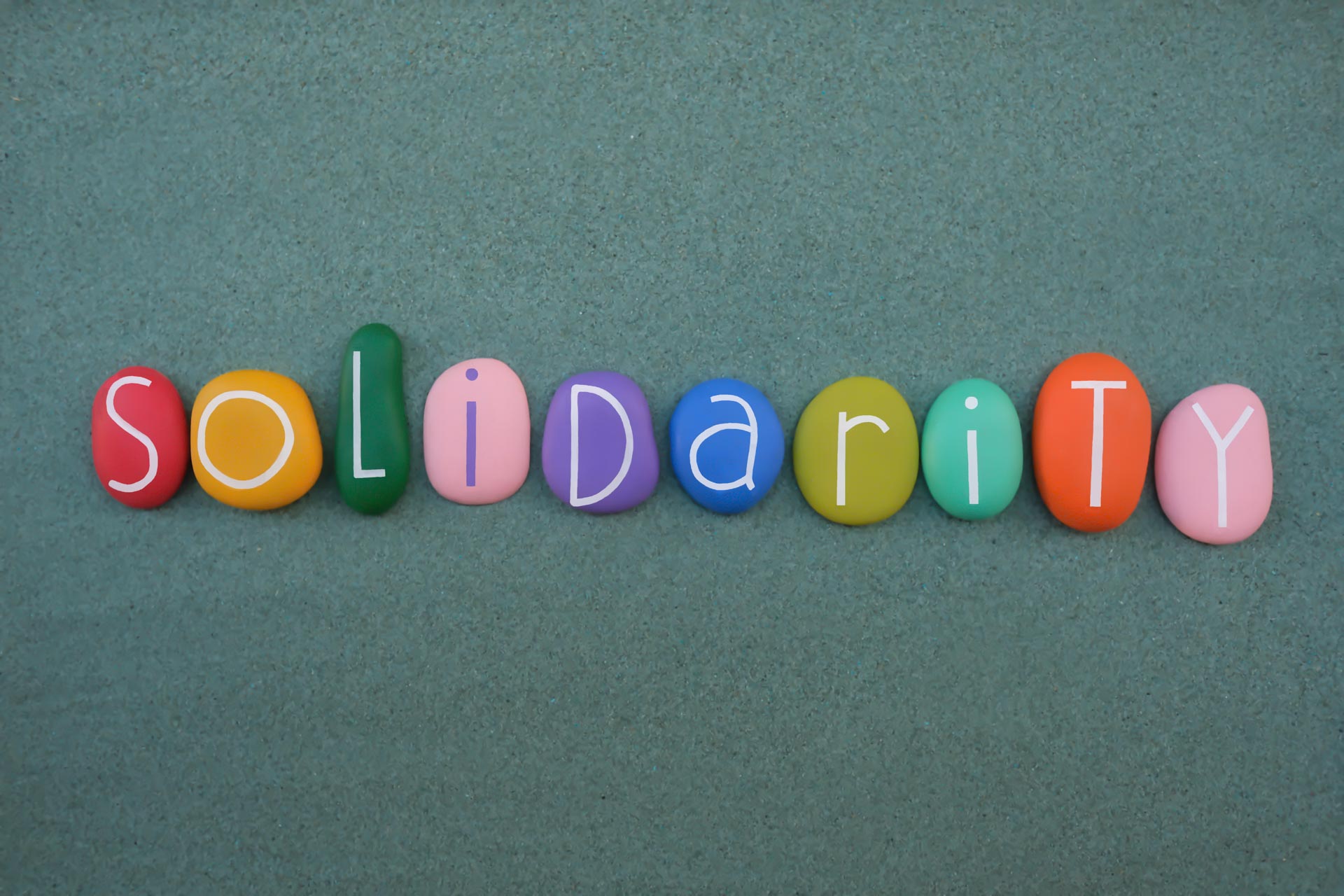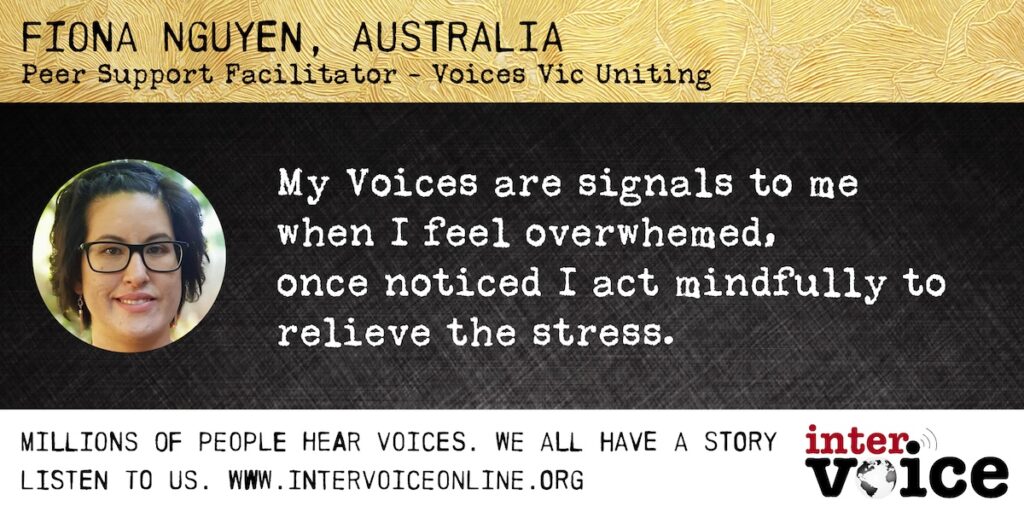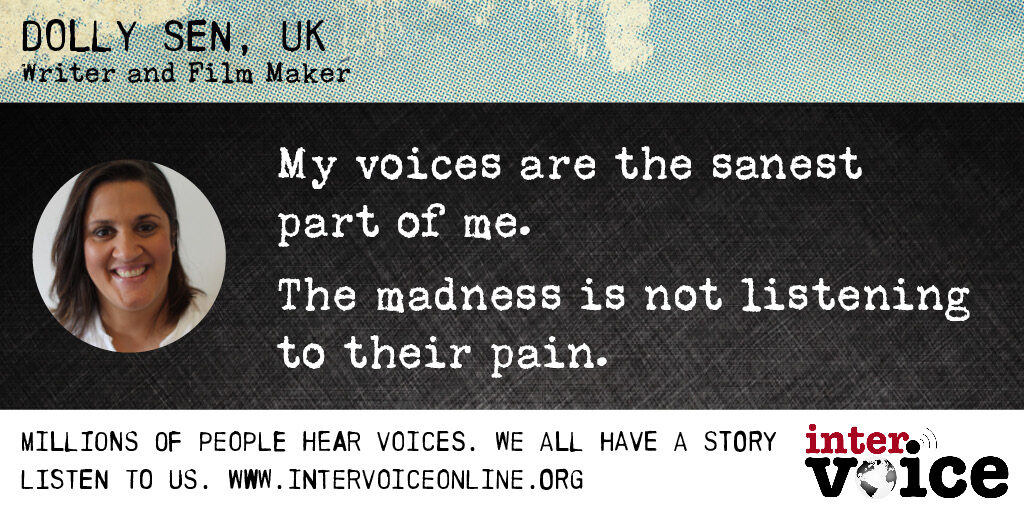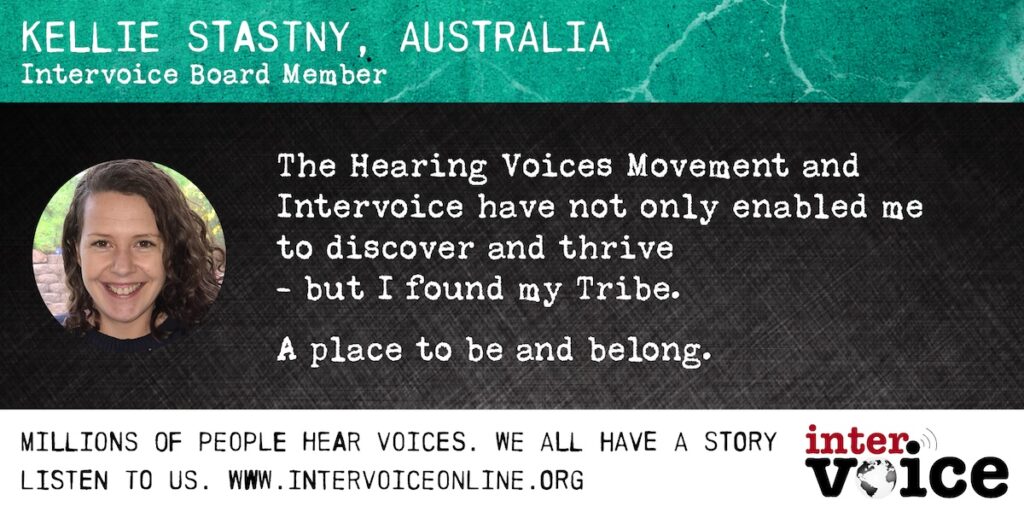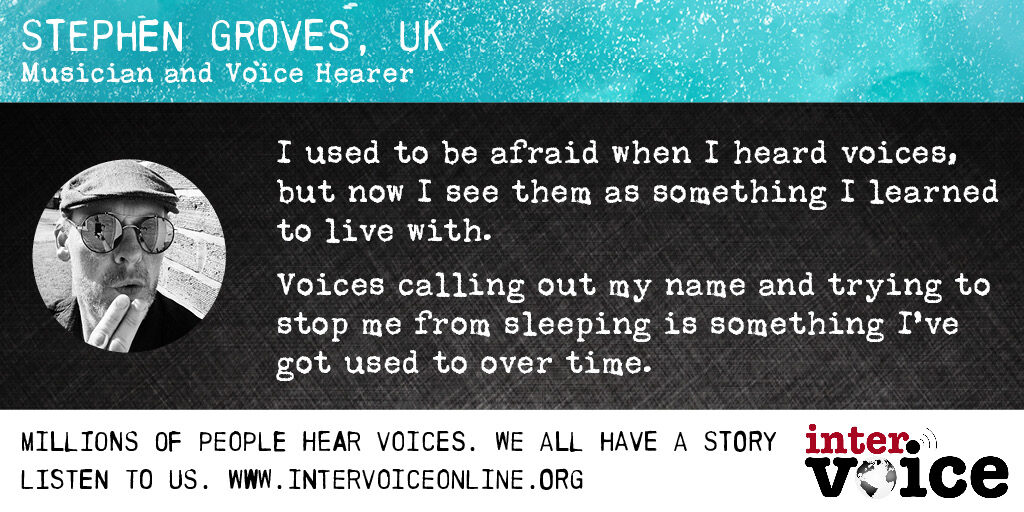The following is posted on behalf of Kirsty Phillips an MSc Researcher from UCL Department of Experimental Psychology. Please contact Kirsty directly via [email protected] for more information, or see the link below.
https://uclpsych.eu.qualtrics.com/SE/?SID=SV_5j19KZVuI5vHZuR
‘What does it mean to hear a voice?’
“Hearing voices” is an experience where person has a strong perception of hearing a voice that is not identified as being their own internal voice, and does not originate from another person nearby.
‘Do you hear voices?’
You are not alone. It’s estimated that between 3-10 percent of the population hear voices. Furthermore, there are support networks available to people who have these experiences in the UK (Hearing Voices Network) and internationally (Intervoice).
‘Why part in our study?’
For those who experience the phenomena of hearing voices, it can be extremely distressing and have a major impact on their ability to go about daily life. Recently, psychological research has begun to explore the phenomena of voice hearing in more depth. By more fully understanding these experiences, the better the psychological and voice hearing communities become at managing and overcoming these experiences. Other research has addressed the occurrence of voice hearing across multiple psychiatric conditions and the characteristics or properties that may be associated with the voices heard.
However, our study is unique in that we are attempting to gather examples of what exactly a person hears when they hear voice. From these examples we intended to analyse the properties of the language used and how these properties may relate to the characteristics of that voice. A study of this kind has not yet been conducted and we are hopeful that it may give us a great insight into the phenomena of hearing voices by more fully understanding exactly what the voices say.
All data collected by this study will be stored in accordance with the provisions of the Data Protection Act 1998.
Please click the link below for more information and if you would like to consider taking part in our study: https://uclpsych.eu.qualtrics.com/SE/?SID=SV_5j19KZVuI5vHZuR


